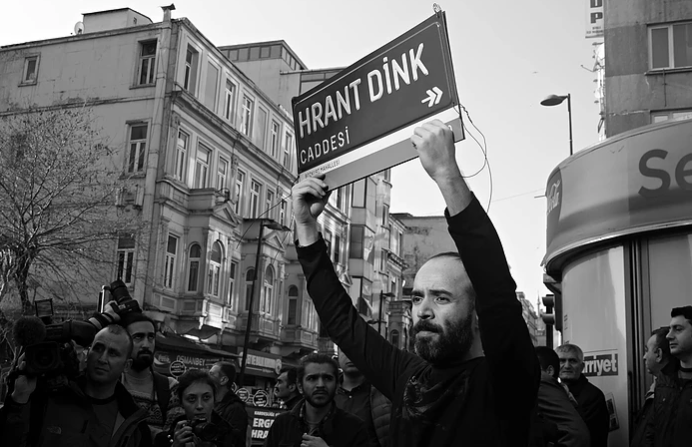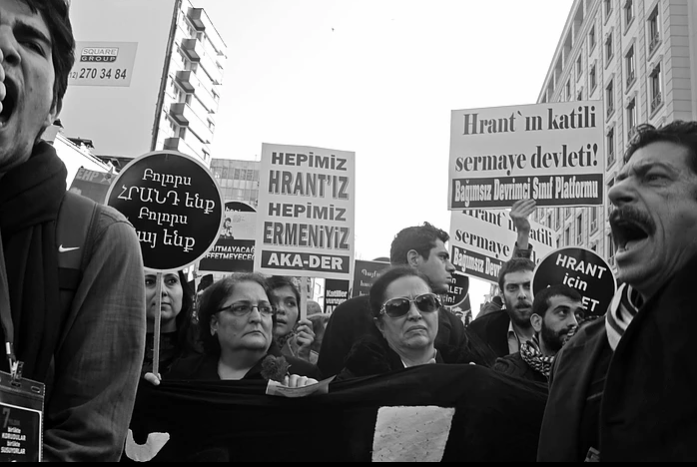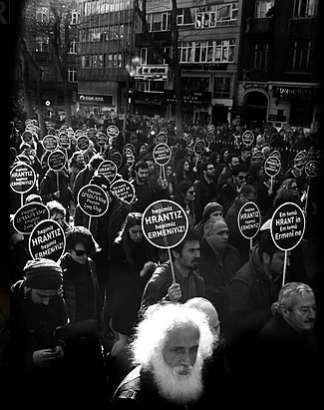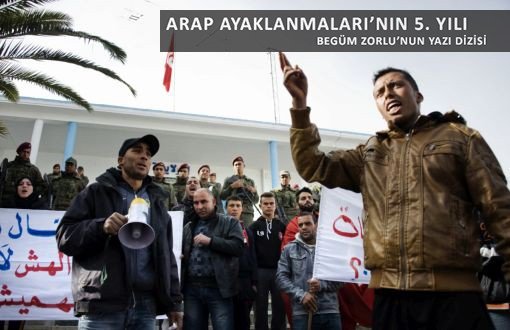
The dangerous escalation in the Eastern Mediterranean, stemming from the disagreement over territory in the waters of the Aegean and Mediterranean, has increasingly been on the radar of scholars in Greece and Turkey, as well as international observers. The recent war of words, threats, and increased levels of military mobilization by Athens and Ankara has created fears of an armed encounter. Even though NATO has recently announced that the actors will “establish mechanisms for military deconfliction”, at the time of writing Greece rejected the cooperation.
How did it come to this? The current tensions can be said to be triggered by the recent alignment between Greece, Cyprus, Israel which indicated their willingness to cooperate on exploiting natural resources in the eastern Mediterranean. Regional cooperation resulted in the establishment of Eastern Mediterranean Gas Forum last year which also included Italy, Egypt, Jordan, and the Palestinian Authority.
The exclusion of Turkey from this alignment resulted in the government of Recep Tayyip Erdoğan beginning to carry out its search for natural resources in waters where jurisdiction is contested. Confrontation intensified in November 2019, when Turkey signed a controversial maritime accord with Libya’s government which was viewed illegal by Greece. In February, even when Turkey’s insistence on continuing its drilling activities resulted in minor sanctions from the EU, Turkey did not back down. Greece and Egypt recently concluded a bilateral demarcation treaty of their maritime territories in the eastern Mediterranean which infuriated Turkey.
The tensions between Greece and Turkey were intensifying outside the Mediterranean as well. In March, Turkey opened its borders and threatened to effectively end its refugee deal with Europe by allowing refugees to enter into the European Union. Next, the transition of Hagia Sophia, a former Byzantine church and later Ottoman mosque, which had been turned into a secular museum in the early years of the Republic of Turkey, back to a mosque, was perceived as a provocation by Greece. In a recent statement, the foreign minister of Greece, Nikos Dendias, also accused Erdoğan of attempting to “implement expansionist aims.”
Populist foreign policy
It is important to underline that Turkey’s disagreement over its share of natural resources is not new. Even though natural resources were discovered in the region years ago, and Turkey has been opposing the agreements that the other parties have signed for more than ten years, the current tension demonstrates that the territorial control of the waters is not the only prime reason of the current contention. What marks this novel tension is Turkey’s increasing isolation in the regional and international arena, confrontational and threatening tone in the foreign policy along with increasing authoritarianism at home.
Even though Turkey is following a confrontational and interventionist foreign policy, mainly manifested in Turkey’s intervention in Syria and Libya, Turkish elites, and primarily Erdoğan, utilise an injustice frame to explain their international position, especially in the case of the eastern Mediterranean.
Under a populist foreign policy, similarly to its domestic policies at home, the Justice and Development Party (AKP) has tried to forge a common identity by constructing a foreign “other”. The populist foreign policy has been concurrent with changes in political institutions which led to the domination of the president and his populism both at home and at the international level. Labelling rivals as “others” is a strategy that is frequently deployed by the ruling elites in domestic politics, since all those who challenge the government can be presented as being associated with this foreign “other” and hence be de-legitimised. This populist rhetoric in foreign policy also makes it harder to handle technical issues which also feeds into the conflict escalating tone and is an obstacle to nuanced diplomacy.
Erdoğan’s populist foreign policy is shaped by and shapes domestic politics in Turkey. Last year, hundreds were arrested in a crackdown on critics of the military offensive in Syria, called Operation Peace Spring by the Ankara. This demonstrates that those who advocate a counter-narrative to the government’s aggressive foreign policy actions risk being framed as a traitor and face imprisonment.
In this crisis, except for the Peoples’ Democratic Party (HDP), the political opposition seems to pile behind the government. There are no clear proposals for peacefully resolving Turkey’s international quarrels from the political parties with few exceptions as they are following the agenda set by the incumbent. The statements made by the nationalist opposition Good Party (İYİ Parti) even provokes further escalation as one official from the party stated: “if any threats are made to the Turkish military, whoever makes these threats must and will receive a harsher response”, thereby maintaining a militarist tone.
Throughout this crisis, although the main opposition, the Republican People’s Party (CHP) claims to be a part of the social-democratic left tradition in Turkey, the party has failed to live up to the legacy of İsmail Cem who was Turkey’s foreign minister under the similarly aligned Democratic Left Party (DSP) in the 1990s. Cem, a successful diplomat, was able to disentangle domestic and international rhetoric, thereby ultimately establishing good personal relations with his Greek counterpart, George Papandreou.
Today the CHP is divided in its attitude. The spokesperson for the CHP has expressed support for the government’s policy by underlining that Turkey “should not take a step back” even though he acknowledges the need for a diplomatic resolution. Another CHP MP has underlined for example that “Turkey is a great state and will not comply as it did not in history.” However, there are other voices from the CHP like the Deputy Chairman Ünal Çeviköz who has been calling for the prioritisation of a peaceful resolution and provides diplomatic analysis on the framework. Çeviköz’s vision seems to be mirrored by the leader of CHP, Kılıçdaroğlu’s recent address in which he promoted a peaceful resolution by stating “both of our peoples do not want war.”
It is important to underline that Cem and Papandreou’s ability to put in place mechanisms that averted a conflict between the two states in the 1990s also demonstrate that under Turkey’s populist foreign policy, there is no room for diplomats that could act similarly. However, instead of following an approach dedicated to conflict resolution, the political opposition is not capable of making solutions heard and from time to time supports the incumbent in its confrontational tone.
Way ahead
Many of the analyses seem to forget that the global pandemic and the climate crisis is continuing and that there is a need for further cooperation rather than animosity between states. Accounts of energy or power politics also miss the environmental consequences of the quest to acquire natural resources. The utilisation of refugees as bargaining chips, the increasing militarisation in the public sphere are also perilous in the way ahead.
In a time where such tensions are rising, international and regional assistance is needed more than ever to maintain the channels of dialogue that can prevent armed escalation. There also seems to be no consensus from the European actors on how to respond, as France is utilising a more assertive position against Turkey, with military backing and a continuous call for sanctions, while Germany’s approach involves bringing actors together. Time will show what will happen.
This article was published at Political Studies Association Blog.






